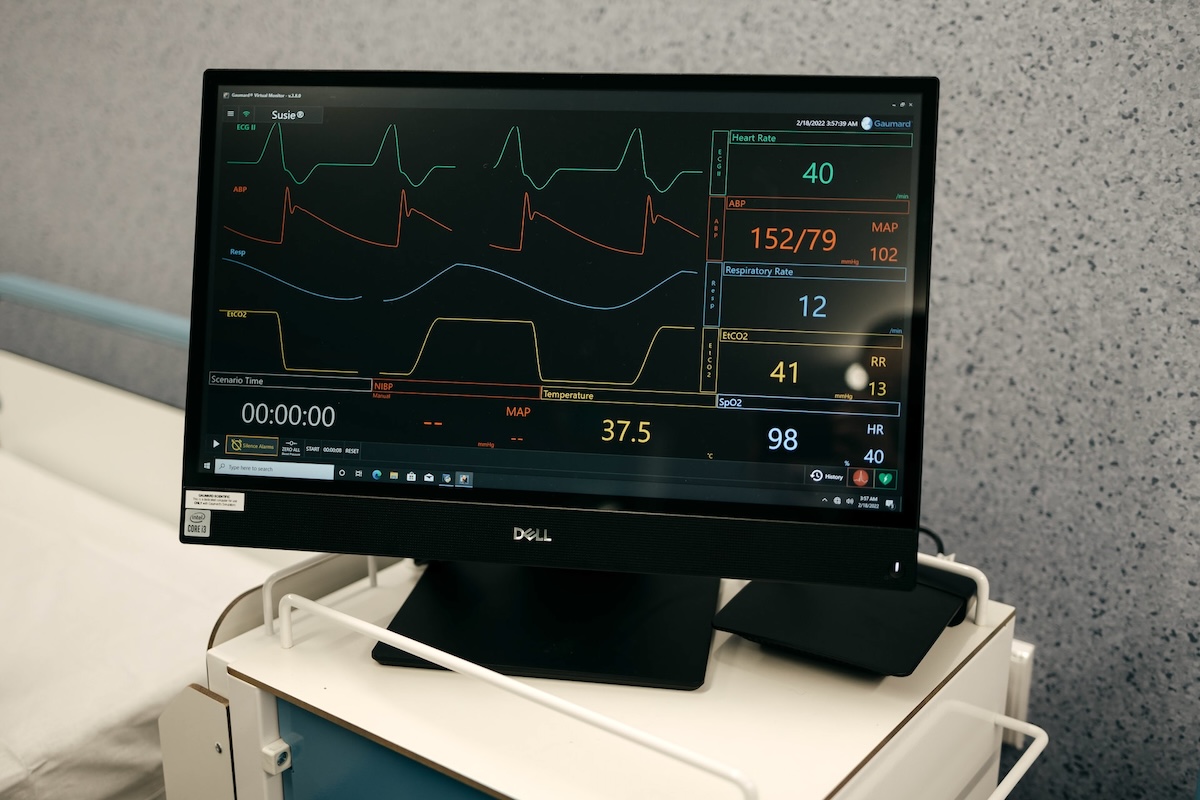Skift Take
My Health, My Data is a game-changing new consumer privacy law focused on health data that should be on the radar of every meeting professional.
Washington state enacted the My Health My Data Act to protect the privacy of consumer health decisions and health data. Data protection concerns are heightened after the 2022 reversal of Roe v. Wade. States have begun creating legislation that protects consumer health information. This will impact meeting professionals.
My Health My Data Act (HB 1155) passed the Washington State Legislature on April 17, 2023. Signed into law by Governor Jay Inslee on April 27, 2023, it goes into effect on March 31, 2024.
“Important information like food allergies and ADA requirements that are regularly collected by meeting organizers will be considered protected information under this new law,” says Jill Blood, VP, Deputy General Counsel and Privacy Officer at Maritz. “In many cases, an attendee will now have to opt into the collection or sharing of this type of information.”
Under the act, specific requirements regarding how and when personal health data is collected, stored, and shared are regulated.
The new legislation also includes a private right of action that allows individuals to file lawsuits or take legal action to enforce legal rights under a statute. This may create a flurry of individual lawsuits under the new law.
“The private right of action means that there may be individuals who look for these kinds of violations in order to collect penalties,” says Blood.
Learning Curve
Maritz is educating its clients about this new law and what it means to them. “Planners now have to ask attendees if they give consent to collect, store, and share health information like food allergies,” says Blood. “My Health My Data gives people control over when and where their health information is shared.”
Similarly, on June 2, 2023, the Connecticut state legislature passed a similar bill. It contains provisions imposing new requirements related to consumer health data. Although narrower in scope than the Washington My Health My Data Act, it also strengthens protections for health data. Likewise, on June 16, 2023, Nevada enacted Senate Bill 370. It imposes restrictions on the collection and use of consumer health data.
Food allergy and inclusivity expert (and founder of thrive!) Tracy Stuckrath says this is a tricky issue. While speaking at an event, an attendee requested a Kosher meal. An attorney suggested she proceed with caution with the request and how it was shared, explains Stuckrath.
Specific language must be included in registration materials, she says. “I give consent for [insert event name] to collect and store information related to my dietary needs to be used for purposes of providing agreed upon accommodations,” is what Stuckrath suggests.
Similarly, Stuckrath stresses asking attendees what ADA accommodations they need at an event in the registration process. In addition, while not always recognized as such, dietary needs are important aspects of ADA compliance, she says.
Photo credit: Trnava University / Unsplash





